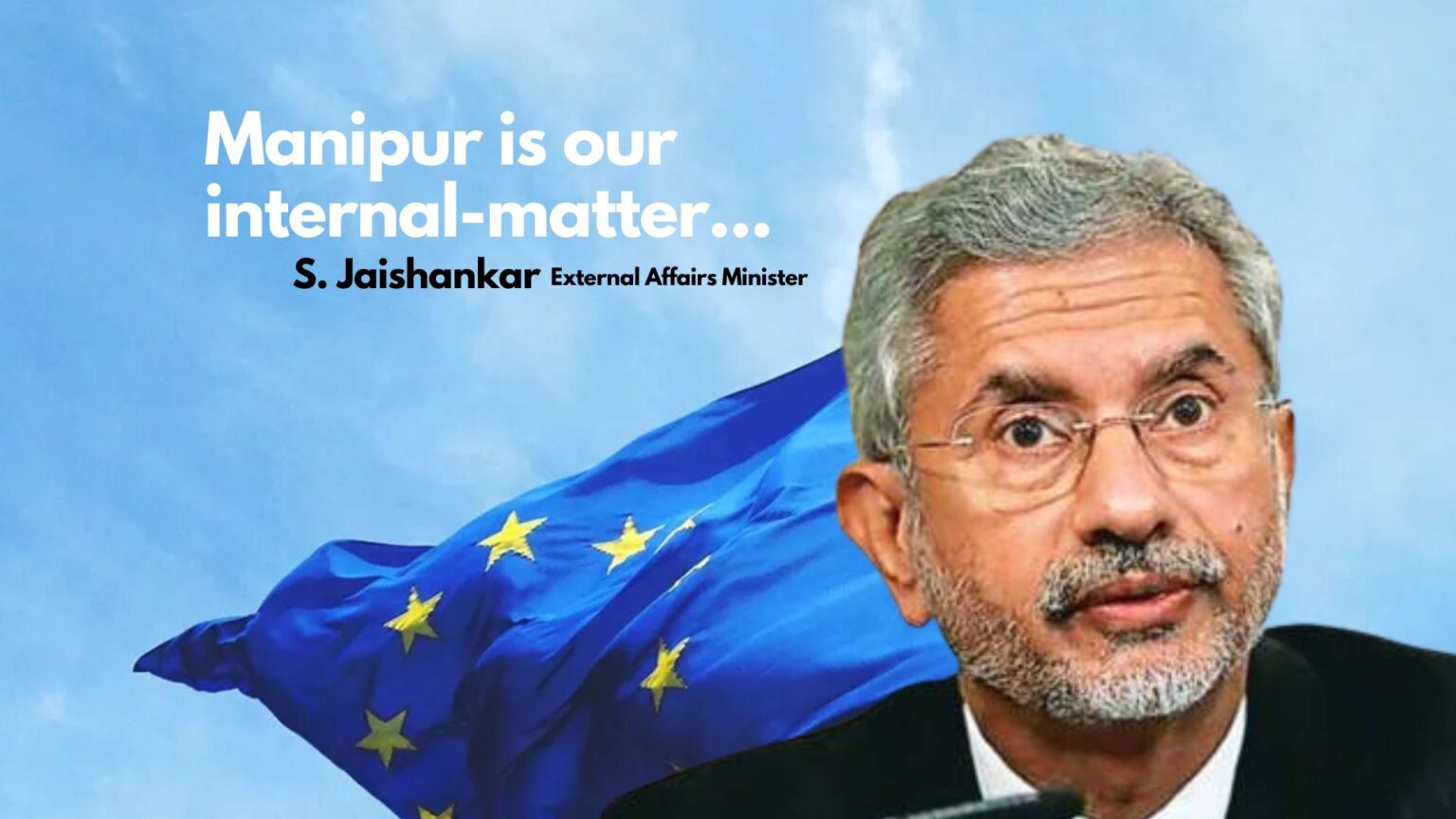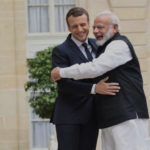On July 12, India rejected a proposal from the European Parliament to hold an “urgent debate” on the violence in Manipur, claiming that it was a problem that was “totally internal” to India.
The EU debate, scheduled for later on Wednesday, aims to denounce the violence and order the EU’s top officials to contact New Delhi to discuss resolving the issue.
Since the violence started on May 3 of this year, at least 142 people have died and more than 54,000 have been forced from their homes.
Foreign Secretary Vinay Kwatra stated during a press conference for media in Delhi that the debate at the European Parliament is continuing despite India’s efforts to influence parliamentarians and present India’s viewpoint.
“This is a completely domestic Indian issue. Since we are aware of the events taking on in the [European] parliament, we have contacted the MEPs who are concerned. However, we have made it very clear that this is an Indian domestic concern,” Mr. Kwatra responded.
However, he chose not to respond to a Manipur newspaper article that said the government had hired the renowned Brussels lobbying company Albert & Geiger to assist with the outreach to MEPs and that it had allegedly issued a letter to them on behalf of the Indian government.
‘For a resolution on India, the situation in Manipur’ resolutions have already been presented by at least six of the eight political parties in the European Parliament, which will vote on Thursday following the discussion on Wednesday.
While some of the motions criticize members of the ruling Bharatiya Janata Party for allegedly releasing hate speech and the BJP-led government in Manipur for “implementing divisive ethnonationalism policies,” others speak to the wider abuse of Indian laws by government officials, including the Armed Forces Special Powers Act (AFSPA), the UAPA terror law, and the Foreign Contributions Regulatory Act (FCRA).
The attacks on churches during the hostilities “between the majority Meitei community (mostly Hindu) and the Kuki tribal group (mostly Christians)” are specifically mentioned in a few of the motions.

Additionally, they urged the government to stop the “internet shutdowns” in the State and commanded the leadership of the European Union (EU) to bring up the Manipur problem in discussions with India about human rights.
At least one of the motions, put out by the “Left Group,” even made comparisons to the circumstances in Jammu and Kashmir and demanded that the government lift its limitations on free expression and free human rights advocates who have been arrested there.
The action at the European Parliament comes after U.S. Ambassador to India Eric Garcetti offered U.S. assistance in resolving the Manipur situation, stating that this was not a “strategic” issue but rather a “human one” and that “one doesn’t have to be an Indian” to feel concerned over the casualties in the state.
While the opposition has criticized Prime Minister Narendra Modi for not commenting on the situation or traveling to the state since the violence started, Home Minister Amit Shah has visited the affected districts and held talks with both sides of the conflict in Manipur.









